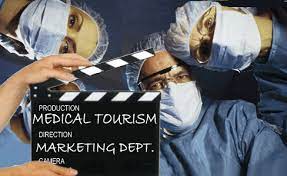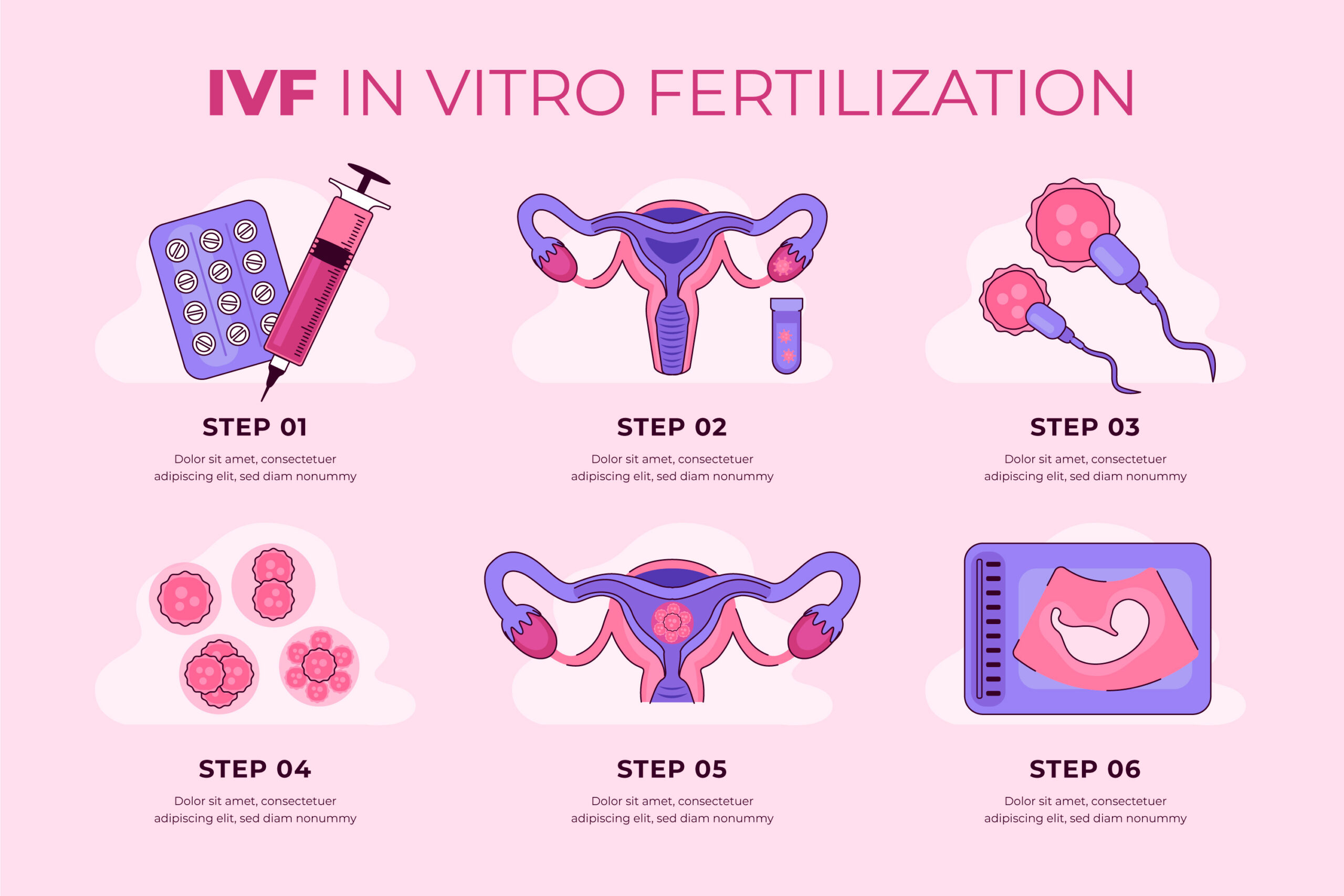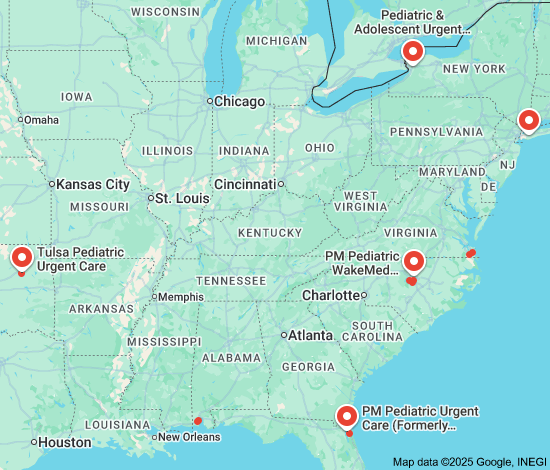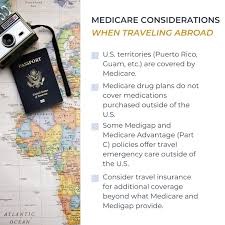
Ensuring Safe Medical Tourism: Prioritizing Health and Well-being Beyond Borders
Safe Medical Tourism: Ensuring Health and Well-being Beyond Borders
In recent years, medical tourism has gained popularity as an alternative for individuals seeking quality healthcare services at a fraction of the cost. The concept of traveling abroad for medical treatments has opened up a world of possibilities, allowing patients to access cutting-edge procedures and expertise that may not be readily available in their home countries. However, ensuring safety should always be the top priority when considering medical tourism.
The Importance of Safety in Medical Tourism
When embarking on a medical journey abroad, it is crucial to prioritize safety throughout the entire process. This includes researching and selecting reputable healthcare providers, understanding the risks and benefits associated with specific treatments, and taking necessary precautions to safeguard your well-being.
One of the key factors in ensuring safe medical tourism is choosing accredited healthcare facilities. Accreditation ensures that hospitals and clinics meet stringent international standards of quality and patient care. It is advisable to seek out facilities that have received accreditation from recognized organizations such as Joint Commission International (JCI) or International Organization for Standardization (ISO).
Additionally, thoroughly researching the qualifications and expertise of healthcare professionals is essential. Look for doctors who are board-certified in their respective fields and have extensive experience in performing the procedure you require. Reading reviews or testimonials from previous patients can also provide valuable insights into the quality of care provided by a particular physician or facility.
Preparation and Communication
Prior to embarking on your medical journey, it is important to communicate openly with your chosen healthcare provider. Discuss your medical history, current health condition, and any concerns or questions you may have regarding the procedure or treatment. This will help the medical team assess your suitability for the treatment and provide you with the necessary information to make an informed decision.
Furthermore, ensure that you have a clear understanding of the entire treatment plan, including pre-operative and post-operative care. Discuss any potential risks or complications that may arise and how they will be managed. Being well-informed about the procedure and its potential outcomes will help you make confident decisions about your health.
Travel and Accommodation Considerations
When planning for medical tourism, it is essential to consider travel arrangements and accommodation. Choose reliable travel agencies or tour operators who specialize in medical tourism to assist with your travel needs. They can provide guidance on visa requirements, transportation, and accommodation options near the healthcare facility.
It is advisable to arrive at your destination a few days before the scheduled procedure to allow time for acclimatization and any required pre-operative tests or consultations. Additionally, ensure that you have access to reliable communication channels so that you can stay connected with your loved ones back home as well as your healthcare provider during your stay.
Post-Treatment Care and Follow-up
After undergoing a medical procedure abroad, it is crucial to follow all post-treatment care instructions provided by your healthcare provider. This may include medication schedules, dietary restrictions, physical therapy exercises, or follow-up appointments. Adhering to these instructions diligently will optimize your recovery process and minimize any potential complications.
In case of any concerns or unexpected developments during the recovery phase, it is important to maintain open lines of communication with your healthcare provider even after returning home. Many reputable medical tourism facilitators offer aftercare services or can assist in coordinating follow-up consultations with local physicians if needed.
The Future of Safe Medical Tourism
The growth of medical tourism has led to increased efforts to enhance safety and quality standards in the industry. Governments, healthcare providers, and organizations are working together to establish regulations and guidelines that protect the rights and well-being of medical tourists.
Technological advancements, such as telemedicine and virtual consultations, are also playing a significant role in ensuring safe medical tourism. These innovations allow patients to consult with healthcare professionals remotely, reducing the need for unnecessary travel while still receiving expert advice.
As the demand for medical tourism continues to rise, it is essential for all stakeholders involved to prioritize safety and maintain high standards of care. By doing so, we can ensure that individuals seeking medical treatments abroad can do so with confidence, knowing that their health and well-being are protected.
Key Considerations for Secure Medical Tourism: Legality, Top Destinations, Safety in Mexico, and Potential Risks
- Is medical tourism legal in the US?
- Which country has best treatment in the world?
- Is going to Mexico for surgery safe?
- What are the risks of medical tourism?
Is medical tourism legal in the US?
Medical tourism itself is not illegal in the United States. However, it is important to note that certain aspects of medical tourism, such as the facilitation of travel and treatment arrangements by unlicensed individuals or agencies, may be subject to legal restrictions. Additionally, the regulation and oversight of healthcare providers and facilities can vary from state to state. It is advisable for individuals considering medical tourism within the US to thoroughly research and ensure that they are engaging with licensed healthcare professionals and accredited facilities to ensure their safety and well-being throughout the process.
Which country has best treatment in the world?
The question of which country has the best treatment in the world is a common concern for individuals considering medical tourism. It’s important to note that there isn’t a definitive answer to this question, as the quality of healthcare varies across countries and is subjective to individual needs. Many countries have renowned healthcare systems and excel in specific medical specialties. Factors such as infrastructure, technology, research advancements, and expertise of healthcare professionals all contribute to the quality of treatment. It is recommended to thoroughly research and consider multiple factors, such as accreditation, reputation, success rates, and patient reviews when choosing a country for medical treatment. Ultimately, the best treatment destination will depend on the specific medical condition and individual preferences of the patient.
Is going to Mexico for surgery safe?
When considering medical tourism and specifically traveling to Mexico for surgery, it is important to prioritize safety and make an informed decision. Mexico has become a popular destination for medical tourists due to its proximity to the United States and the availability of affordable healthcare services. However, as with any medical travel destination, it is crucial to thoroughly research and select reputable healthcare providers. Look for accredited hospitals or clinics that meet international standards of quality and patient care. Additionally, ensure that the healthcare professionals you choose are qualified and experienced in performing the specific surgery you require. By taking these precautions and making informed choices, it is possible to have a safe and successful surgical experience in Mexico.
What are the risks of medical tourism?
When considering medical tourism, it is important to be aware of the potential risks involved. While medical tourism offers numerous benefits, such as access to affordable treatments and specialized expertise, there are certain risks that should be taken into consideration. These risks may include complications during or after the procedure, varying healthcare standards in different countries, language barriers, unfamiliar medical practices, and limited legal recourse in case of malpractice. It is crucial to thoroughly research and choose accredited healthcare facilities, communicate openly with healthcare providers, and understand the potential risks associated with the specific procedure or treatment. By being well-informed and taking necessary precautions, individuals can mitigate these risks and ensure a safer medical tourism experience.



